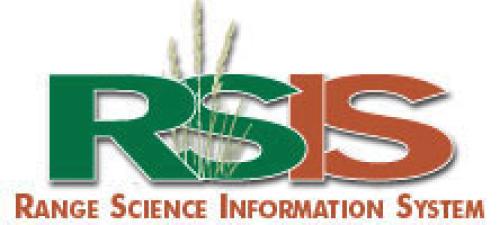Authors examined the effects of frequency and timing of multiple grazings (including fecal input) by captive goslings of the lesser snow goose (Chen caerulescens caerulescens) on net above-ground primary production (NAPP) and shoot nitrogen content of swards of the forage grass, Puccinellia phryganodes. The results of the garden experiment indicate that clipping of leaves of Puccinellia is not a mechanism by which the NAPP of Puccinellia is increased. All of the values for the different demographic characters were low when plants of Puccinellia were clipped and not fertilized. Clipping did not stimulate leaf or axillary shoot production, both of which result in increased NAPP in swards grazed by wild geese. In contrast, nitrogen addition facilitated leaf and axillary shoot production. Regrowth and NAPP of Puccinellia swards, subjected to an increasing number of grazing events at intervals of 12 days throughout the growing season, was high when grazing was not extended beyond the period of peak plant growth. However, the increased NAPP was broadly based in relation to both the number and frequency of grazing events. The seasonal cumulative NAPP of plots grazed on three occasions, at intervals of 24 days, was also high. Although the relaxed grazing schedule, at 24 days, permitted the accumulation of high amounts of biomass, forage quality was poor compared to swards grazed more frequently. The timing and frequency of these grazing effects significantly affects both NAPP and forage quality and the maintenance of Puccinellia grazing lawns.

Citations and enhanced abstracts for journals articles and documents focused on rangeland ecology and management. RSIS is a collaboration between Montana State University, University of Idaho, and University of Wyoming.